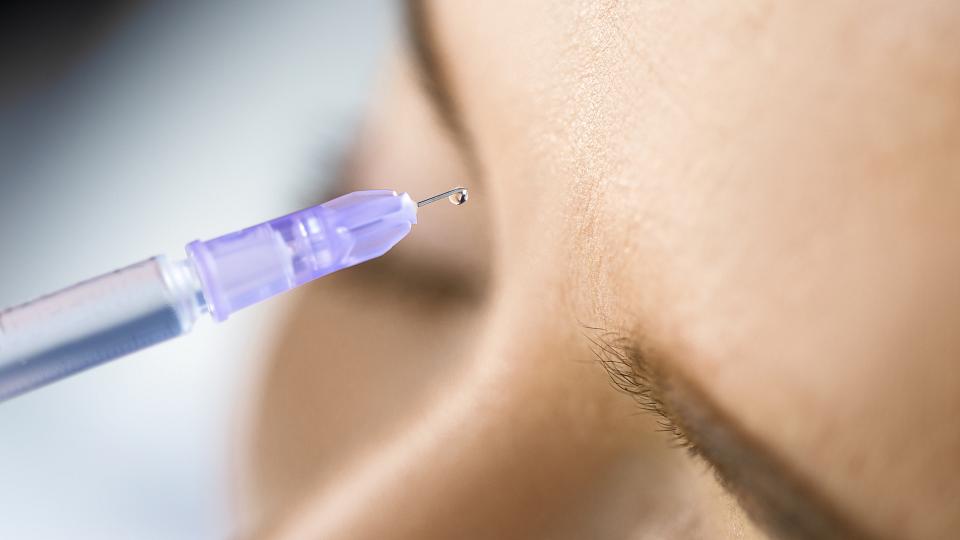
Embrace Your Face: Expert Tips for a Healthy Glow
When you look at your face in the mirror, do you tend to focus on your blemishes such as acne scarring, redness, hyperpigmentation, broken blood vessels, or uneven skin texture? If so, you are not alone. How your skin appears to others plays a vital role in social interactions, according to the Journal of the Optical Society of America.
A wide variety of aesthetic services can treat your skin, boost your confidence, and improve your quality of life.
Microneedling
"Microneedling is one of our top treatments to help with acne scarring, scarring in general, and skin texture," says Rylee Woodward, a master esthetician at University of Utah Health. "It can also help reduce superficial fine lines, wrinkles and is a great anti-aging management treatment."
The best candidates for microneedling are people with fine lines and wrinkles, sun damage, acne and scarring. This technique also generates new collagen and elastin and minimizes the appearance of pore size. Microneedling is not advised for patients who are immunosuppressed, pregnant, nursing, or have psoriasis or other chronic skin conditions.
IPL (Intense Pulsed Light) Therapy
IPL (Intense pulsed light) therapy treats overall redness, hyperpigmentation, broken vessels, or vascular lesions, improving the overall texture of the skin. The best results come from a series of two to three sessions about four weeks apart. IPL is attracted only to red and brown pigments and can help with the following conditions:
- Common brown or red blemishes
- Sunspots
- Age spots
- Vascular redness
- Broken blood vessels
- Rosacea
- Cherry hemangiomas (red "mole-like" discolorations)
- Hormonal pigmentation
Microdermabrasion
Microdermabrasion is ideal for patients whose skin is starting to feel more dry, uneven, or showing signs of aging. This minimally invasive treatment will help with overall skin texture, acne, congestion, blackheads, and dry, flaky skin. "This treatment helps to mechanically exfoliate the skin while taking off dead skin cells, dirt, oil, and leaving the skin feeling smooth, soft, and looking more youthful," Woodward says.
Chemical Peels
Chemical peels are one of the oldest types of cosmetic procedures to make skin look younger and healthier. During a chemical peel, a safe, medical-grade acid is applied to the skin to remove damaged skin layers. Removing old or damaged skin layers rejuvenates skin, making it look brighter and smoother. Chemical peels are mainly used to treat sun damage, uneven skin coloring, acne scars, fine lines and wrinkles, blemishes, and a dull complexion.
LHR (Laser Hair Removal)
LHR (laser hair removal) is a medical procedure that uses a concentrated beam of light (laser) to removed unwanted hair. During laser hair removal, a laser emits a light that is absorbed by the pigment (melanin) in the hair follicle. The light energy is converted to heat, which damages the hair follicle around the bulb and delays future hair growth.
Laser hair removal effectively delays hair growth for long periods—it usually doesn't result in permanent hair removal. Multiple laser hair removal treatments are needed for initial hair removal, about 4 to 6 treatments for best results in most areas. For the upper part of the body 4 to 6 weeks are needed between each treatment and 5 to 7 weeks between the middle part of the body and lower legs. The arms need 6 to 12 weeks between each treatment or within 7 days of when re-growth is observed.
"Aesthetic skin care services have boosted so many of my patients' lives in different ways," Woodward concludes. Through treatments that reduce blemishes, pigmentation, scarring, or unwanted hair, her patients can feel young and beautiful again, become more confident without makeup, and present better versions of themselves.





